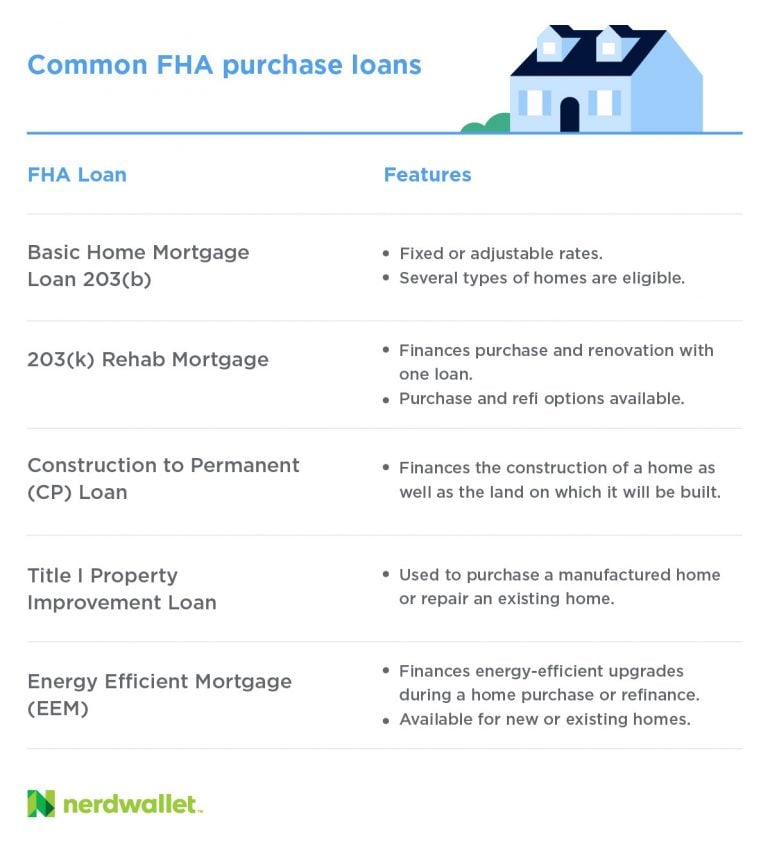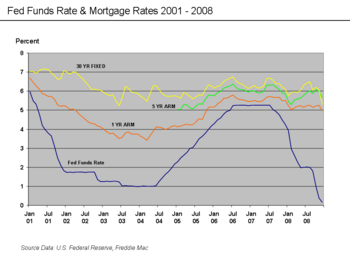Nevertheless, your heirs do have a couple of choices. They can pay off the financial obligation you owe by acquiring the house for the amount owed or for 95% of the assessed value whichever is less. This can be done by paying on their own or refinancing the loan into a regular home loan. how do adjustable rate mortgages work.
If the house costs more than it's worth, they can keep the remaining money. If it sells for less than what's owed, they will not need to pay the distinction. Finally, they can allow the house to go into foreclosure. The decision your heirs make will normally depend on just how much equity remains in the house.
A reverse home mortgage is a home loan that you do not have to repay for as long as you reside in your house. It can be paid to you in one swelling sum, as a routine monthly income, or at the times and in the amounts you want. The loan and interest are paid back only when you sell your home, permanently move away, or pass away.
They are paid back in full when the last living debtor passes away, offers the home, or permanently moves away. Since you make no month-to-month payments, the quantity you owe grows bigger gradually. By law, you can never ever owe more than your house's worth at the time the loan is repaid.
If you stop working to pay these, the loan provider can use the loan to make payments or need you to pay the loan completely. All house owners need to be at least 62 years of ages. A minimum of one owner should live in the house the majority of the year. Single family, one-unit house.
Some condominiums, planned system developments or produced houses. NOTE: Cooperatives and many mobile houses are not qualified. Reverse home mortgages can be paid to you: Simultaneously in cash As a month-to-month earnings As a credit limit that lets you choose how much you desire and when In any mix of the above The amount you get generally depends upon your age, your home's value and area, and the cost of the loan.

A lot of individuals get the most cash from the Home Equity Conversion Mortgage (HECM), a federally insured program. Loans used by some states and city governments are typically for particular purposes, such as paying for home repair work or real estate tax. These are the lowest cost reverse mortgages. Loans used by some banks and home mortgage companies can be utilized for any purpose.
Fascination About How Home Mortgages Work
HECM loans are usually the least pricey reverse home mortgage you can obtain from a bank or home mortgage company, and oftentimes are considerably less expensive than other reverse mortgages. Reverse mortgages are most pricey in the early years of the loan and normally become less expensive with time.
The federal government needs you to see a federally-approved reverse home loan counselor as part of getting a HECM reverse home mortgage. To find out more about Reverse Mortgages, check out AARP: Comprehending Reverse Home Mortgages. how do mortgages work in monopoly.
Advertiser Disclosure Many or all of the items included here are from our partners who compensate us. This may affect which products we compose about and where and how the item appears on a page. Nevertheless, this does not affect our evaluations. Our viewpoints are our own. After retirement, without routine income, you may sometimes struggle with finances.

A reverse home mortgage is a home mortgage that allows homeowners 62 and older to withdraw a few of their home equity and transform it into cash. You don't have to pay taxes on the proceeds or make monthly home loan payments. You can use reverse mortgage proceeds however you like (mortgages how do they work). They're typically allocated for expenditures such as: Debt debt consolidation Living expenditures House enhancements Assisting kids with college Buying another house that might much better meet your needs as you age A reverse home mortgage is the opposite of a standard home mortgage; rather of paying a lender a month-to-month payment every month, the loan provider pays you.
The sum you receive in a reverse mortgage is based on a sliding scale of life span. The older you are, the more house equity you can pull out. The Federal Real estate Administration insures two reverse mortgage types: adjustable-rate and a fixed-rate. Fixed-rate reverse home loans include a one-time swelling sum payment.
Adjustables have 5 payment options: Set monthly payments so long as you or your eligible spouse stay in the home Set regular monthly payments for a fixed duration Unspecified payments when you require them, till you've tired your funds A line of credit and set monthly payments for as long as you or your eligible spouse reside in the house A credit line and set monthly payments for a http://andresbwfg072.timeforchangecounselling.com/how-how-do-reverse-mortgages-work-example-can-save-you-time-stress-and-money fixed duration of your selecting To use for a reverse home loan, you must meet the following FHA requirements: You're 62 or older You and/or a qualified partner who should be called as such on the loan even if he or she is not a co-borrower live in the house as your primary house You have no overdue federal financial obligations You own your house outright or have a significant quantity of equity in it You go to the mandatory counseling session with a house equity conversion home mortgages (HECM) counselor approved by the Department of Housing and Urban Advancement Your home meets all FHA property requirements and flood requirements You continue paying all home taxes, homeowners insurance coverage and other household maintenance charges as long as you reside in the home Before releasing a reverse home mortgage, a lender will inspect your credit history, verify your monthly earnings versus your regular monthly monetary obligations and order an appraisal on your home.
Almost all reverse home mortgages are issued as home equity conversion home loans (HECMs), which are guaranteed by the Federal Housing Administration. HECMs come with strict borrowing standards and a loan limit. If you believe a reverse home loan may be ideal for you, find an HECM counselor or call 800-569-4287 toll-free to discover more about this financing choice.
The Greatest Guide To Mortgages How Do They Work
A reverse home loan is a house loan made by a home loan lender to a property owner using the home as security or security. Which is substantially different than with a traditional home mortgage, where the house owner uses their earnings to pay down the financial obligation over time. However, with a reverse mortgage, the loan amount (loan balance) grows in time because the property owner is not making monthly mortgage payments.
The quantity of equity you can access with a reverse mortgage is determined by the age of the youngest customer, present rates of interest, and worth of the house in question. Please keep in mind that you may need to set aside additional funds from the loan proceeds to pay for taxes and insurance.
They would like to redesign their cooking area. They have actually become aware of reverse mortgage loans but didn't understand the details. They decide to contact a reverse mortgage advisor to discuss their current requirements and future goals if they might access to a part of the funds stored in their home's equity.